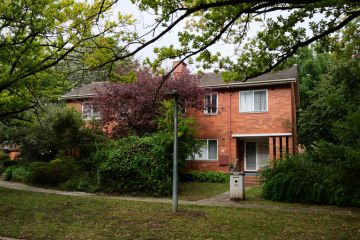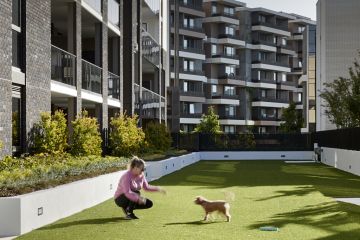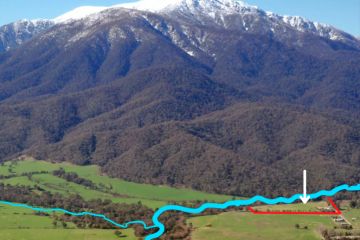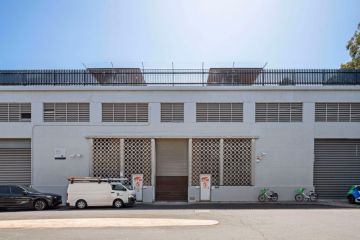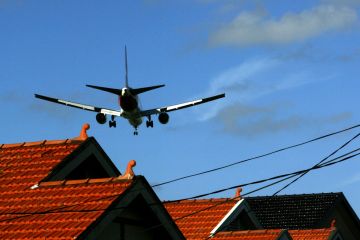Australians save $60 billion a year on overseas travel, spend part of it on buying property
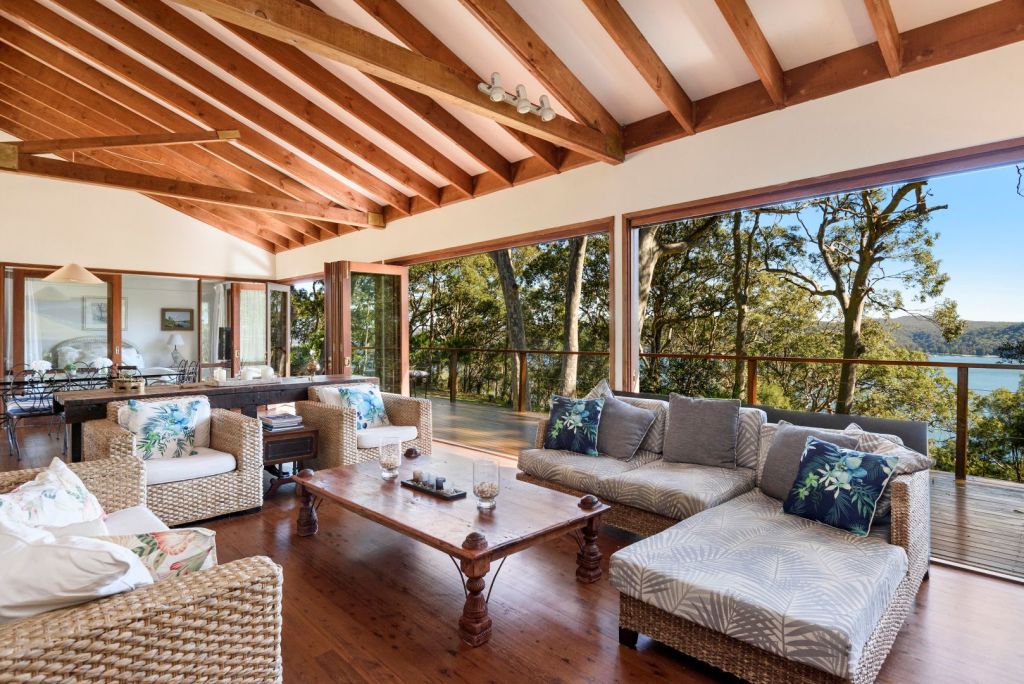
Australians have saved some $60 billion a year in cancelled overseas travel because of the pandemic, figures show, with part of that cash flowing into the property market.
Buyers lucky enough to keep their jobs have been taking the opportunity to use their extra savings to get into the rising property market for the first time, move to a lifestyle destination, or purchase a holiday house or investment property.
In the year to June 2019, Australians 15 years and over spent $62.3 billion on international travel, or an average of $3115 per person, Finder analysis of Tourism Research Australia figures found.
Separate figures from the Tourism and Transport Forum put the average outbound spend at $59.3 billion a year from 2016 to 2019.
Although a $3115 travel budget may seem modest when compared to property prices, the average figure masks larger international trips, as not everyone was holidaying overseas.
“The real difference is people who were planning a big, $30,000 trip around Europe and it’s been off the table for a year now, two years,” Finder home loans expert Sarah Megginson said. “Every dollar we earn, we have to spend it in Australia.”
The Agency general manager of Victoria Peter Kakos said locked-down first-home buyers had saved money on holidays or other discretionary spending to put towards a deposit, while upgraders were also taking advantage of their savings.
“It absolutely is one of the big things that has fuelled, particularly, that first-home buyer market,” he said, “but certainly in real estate, it’s definitely prevalent right across the board. If people can’t travel they want to make sure they’ve got a better house or a bigger house.
“From a first-home buyer view there are the restaurants and the bars – [which] certainly have been quite limited,” Mr Kakos said, but travel was a significant one because most people would put “a big chunk of money” towards it.
“It’s been very much unsure as to when that will open up,” he said. “People aren’t prepared to wait, they go, ‘OK, the money’s there, let’s put it into property.’”
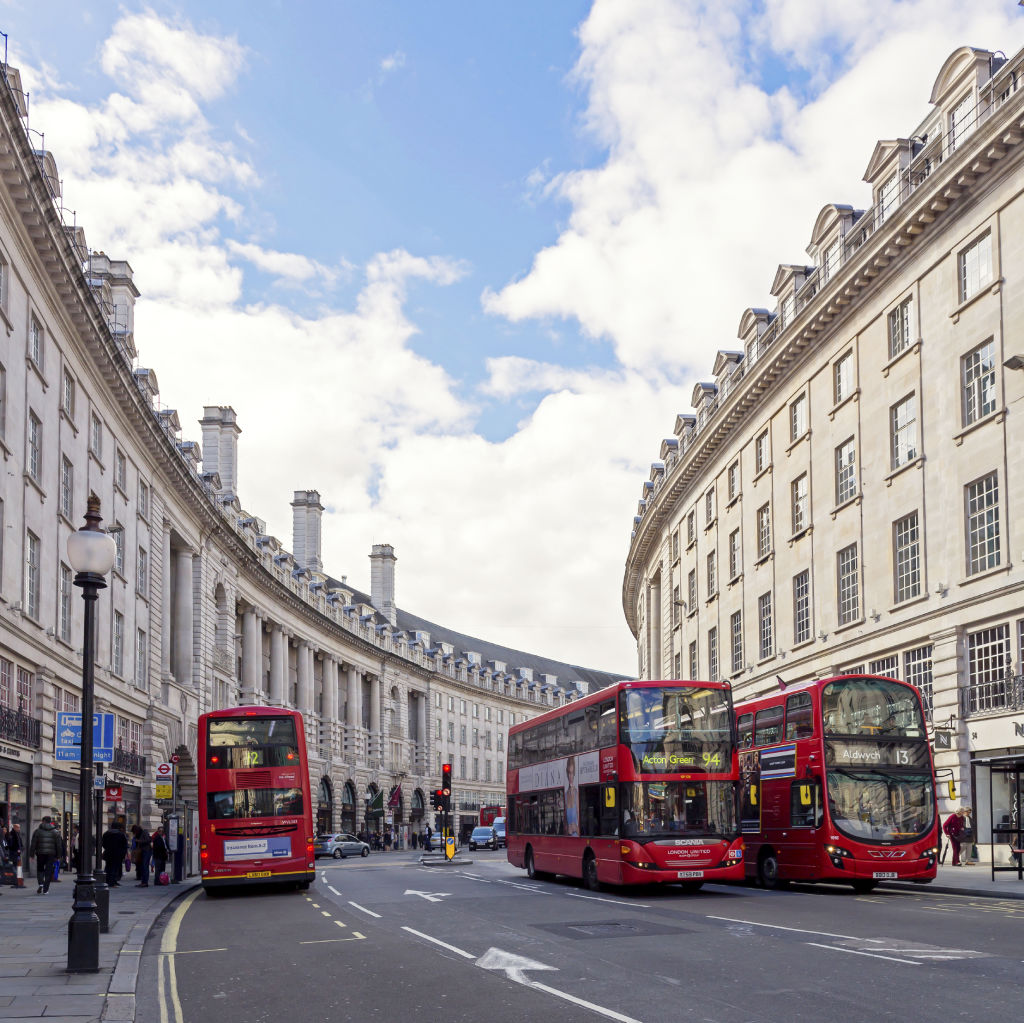
LJ Hooker Palm Beach’s David Edwards said some regular travellers had been choosing to spend their holidays at home, when it was safe to do so, and buying second residences,
“Domestic buyers who have often travelled overseas [are] reinvesting the discretionary money into, particularly, holiday properties,” said the agent, who is based on Sydney’s northern beaches.
“The Palm Beach and Whale Beach market has seen a number of transactions over that period to domestic buyers that fit that category.”
Buyers were looking to get a return on the funds they were saving, Mr Edwards said.
“If you look at the cash rate offered by banks, why would you put the money in the bank?” he asked. “[In] the last couple of years the upper northern beaches have appreciated anywhere between 20 and 40 per cent, depending on, one, the location and, two, what the property offered.”
Some savers were using the cash to buy investment properties, Raine & Horne Double Bay’s Ric Serrao said.
“[They’re saying] I’m getting 0.1, 0.2 per cent in the bank – at least with property, I’ve got a yield of 2, 2.5 per net and I’ll continue to have some sort of capital growth,” he said.
“Money is very very cheap. Clients are getting a lot of equity as their properties go up, so they’ve got this paper equity to borrow from and all of a sudden they’ve got this cash because they’re not spending it on certain activities.”
Further north, Noosa has been drawing holidaymakers who can’t travel internationally and decide to purchase a home there.
“People who typically go to Europe every year for an extended period, or they holiday in Aspen for example … some of those people I know have been spending longer in our area,” said Tom Offermann, of the eponymous real estate agency.
He cited an example of a Victorian family staying at the local caravan park while their home state was in lockdown who turned up at an auction and bought a property with hopes to move there permanently.
“It certainly is a substantial saving for a lot of people,” he said, adding it was impossible to quantify how much of an effect it had on the market.
Outside Melbourne, extended periods of remote working have prompted a sea-change trend, Fletchers Bellarine’s James Gladman said.
“People can afford to. They’re not spending money on holidays and things, they’re enjoying the lifestyle that the coastal areas provide,” he said. “It’s almost like a permanent holiday.”
Many of Mr Gladman’s Melbourne buyers used to be holiday-home buyers looking for smaller, low-maintenance homes, but he had seen a shift to permanent moves by purchasers wanting more space.
Other grounded owners were spending their savings on making renovations, especially to improve their investment properties, Biggin & Scott Richmond’s Andrew Crotty said.
“We’re getting lots of calls about, ‘We’re fixing up the kitchen in our rental property, what would it do?’” he said. “How would it affect the value?”
After the inner-city rental market was affected by last year’s lockdowns and rents fell, landlords had been making upgrades to secure tenants, he said.
Finder’s Sarah Megginson said savings could have an extra benefit to first-home buyers by improving their serviceability when they apply for a home loan.
Banks were scrutinising statements to make sure potential buyers weren’t living beyond their means, she said.
“Instead of spending that money on travel or any other consumer items, and you’ve been able to save that – it demonstrates to banks you’re a good prospect,” she said.
We recommend
We thought you might like
States
Capital Cities
Capital Cities - Rentals
Popular Areas
Allhomes
More
